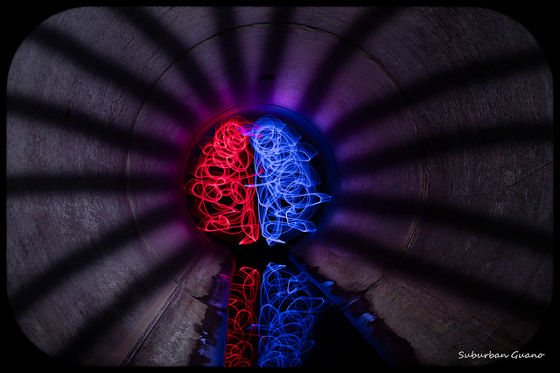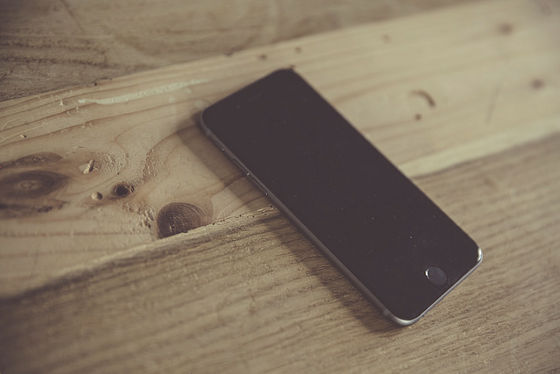It turns out that 'just having a smartphone there' unknowingly consumes the power of the brain and reduces study and work performance

By
Even if you just leave your smartphone in the corner of your desk without touching it, emails and SNS notifications will jump in one after another and you will not be able to work or study. Research has shown that 'just having a smartphone there' consumes the processing power of the human brain, even when the power is off, and has the effect of reducing work and study performance.
Brain Drain: The Mere Presence of One's Own Smartphone Reduces Available Cognitive Capacity: Journal of the Association for Consumer Research: Vol 2, No 2
http://www.journals.uchicago.edu/doi/abs/10.1086/691462
The mere presence of your smartphone reduces brain power, study shows
https://medicalxpress.com/news/2017-06-mere-presence-smartphone-brain-power.html
A research team led by Professor Adrian Ward of the McCombs School of Business, a business school at the University of Texas at Austin, has targeted 800 smartphone users, even if they are not actually using them. We conducted an experiment to investigate what kind of effect it would have just by being near.
In one of the experiments, the research team gave participants tasks that they couldn't complete without deep concentration to see how well their brains were cognitive. Before the experiment, place the smartphone on a desk with the screen down, in a pocket, in a bag, or in the next room for a randomly selected participant. I gave one of the instructions. In addition, all participants were instructed to set the smartphone to silent mode.

By
When the task was tackled in that state, the group with the smartphone placed in the next room showed the best results, and the group with the smartphone placed on the desk gave the worst results. Also, the pocketed group and the bagged group performed slightly lower than the group placed in the next room.
From this result, even if the research team is given a task that must be tackled with full power, the more smartphones are near them, the more consciousness is pulled there and part of the cognitive ability of the brain is consumed. It shows the view that it became clear. 'The results show that the more recognizable the smartphone is, the less cognitive the subject's brain is, the more linear it tends to be, even if it's conscious. Even if you don't think about your smartphone in some ways, the brain process of 'you have to stop thinking about something' in your head consumes part of your brain's cognitive abilities. This is a'brain drain'(outflow of brain resources). '

By
Another experiment conducted by the team is investigating how the subject's belief that they are 'smartphone-dependent' affects their cognitive abilities. In this survey, participants were asked to tackle the task in the same way as above, randomly 'putting the screen up on the desk', 'putting it in a pocket or bag', 'another room'. It was given an instruction to 'put it in', and some subjects were also given an instruction to 'turn off the power'.
From this experiment, it is clear that those who think 'I am addicted to smartphones' gave worse results than those who think that they are not so addicted. The results only appeared when they were also left on the desk, in a pocket or in a bag. In addition, Professor Ward and colleagues found that the difference between whether the smartphone itself was turned on or off and whether it was facing up or down on the desk did not make a big difference in the results. .. The biggest effect was when I knew that my smartphone was in front of me or kept within easy reach, 'Don't think about your smartphone.' It is clear that the unconscious thinking of the brain consumes a part of the brain's ability.
'It wasn't because the notifications arrived on the smartphone that the participants were distracted,' said Professor Ward. 'The smartphone is just there, and that alone reduces a person's cognitive abilities.' I am.

Related Posts:







